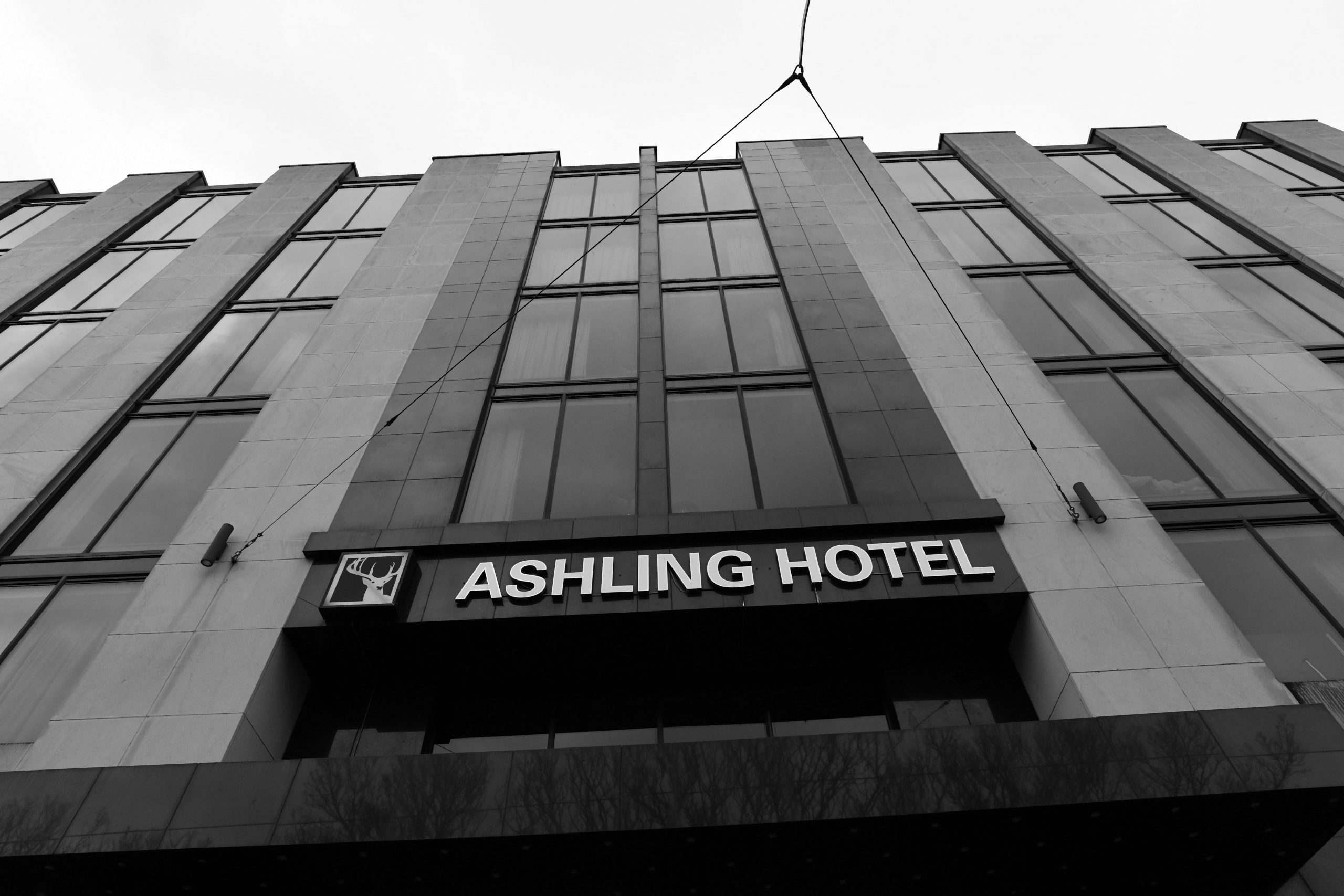To step inside the Ashling Hotel in Dublin is to enter the reassuringly familiar world of the modern city four-star hotel. While the Luas passes out front and the Guinness brewery offers an arresting vista across the Liffey, the hotel itself presents the kind of streamlined facade and muted interiors you might find in any city, at least in Ireland or the UK. But in its own modest way, the Ashling Hotel is a bit of a Dublin institution, one that dates back to 1870. A plaque by the door informs visitors that one of the twentieth century’s great thinkers,…
Cancel at any time. Are you already a member? Log in here.
Want to read the full story?
Unlock this article – and everything else on The Currency – with an annual membership and receive a free Samsonite Upscape suitcase, retailing at €235, delivered to your door.

